
Sigma extends access to powerful no-code cloudscale data analytics for industry-compliant data cloud so healthcare professionals and researchers can find faster answers to critical questions.

Sigma extends access to powerful no-code cloudscale data analytics for industry-compliant data cloud so healthcare professionals and researchers can find faster answers to critical questions.
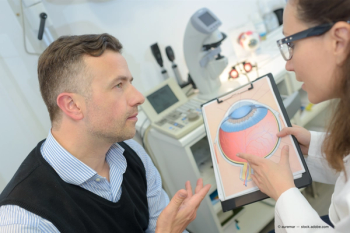
The inflationary economy and lasting effects of COVID-19 have caused staff and product shortages, a rise in labor costs, and increased patient sensitivity to medication costs.

Craig Morgan, MD, and Eye Consultants of Huntington, West Virginia, paid $907,074.64 to resolve allegations that they submitted false claims to Medicare and Medicaid, the U.S. Attorney’s Office for the Southern District of West Virginia reported.

According to an OHSA investigator, a study shows changes in patient volume, billing after private equity firms acquire physician practices.

According to the company, the fully connected environment, digital technologies and artificial intelligence tools enable optimization of patient care.

Reducing incidents can reduces cases of infection, transmission among physicians, clinicians.
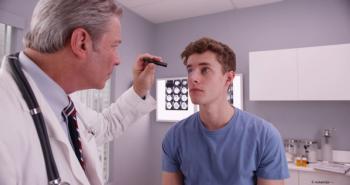
According to a team of investigators from Yale, Stanford and Dartmouth, the variances in regional healthcare spending are not limited to either public or private payers.
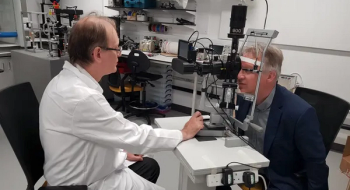
Researchers at the University of Strathclyde have developed an affordable device which takes 3D images and could shift the landscape of eye screening and treatment around the world.

Researchers have found that social media use among physicians jumped during the COVID-19 pandemic, but the role it plays in networking, mentorship and support among ophthalmologists remains unknown.

CMS is proposing to cut the Medicare conversion factor—the basic starting point for calculating Medicare payments—by 4.42% for CY2023.

Solutions should address staffing shortages and burnout.
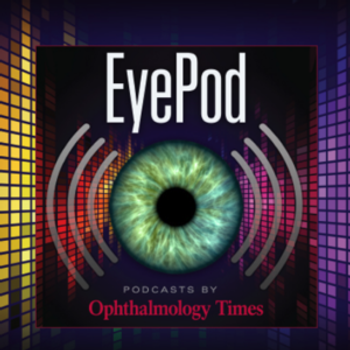
On this part two episode with Colin Carr, founder and CEO of CARR, we hear more about commercial real estate dos and don'ts when managing the space of your practice. Tune in now for the Q&A with Ophthalmology Times® executive editor, David Hutton.
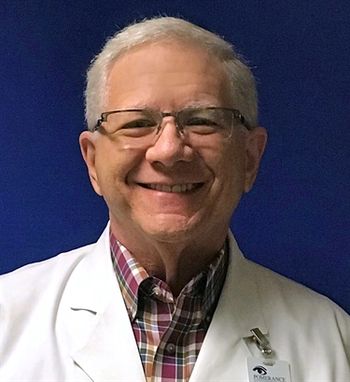
Tennessee Academy of Ophthalmology’s doctor of the month shares what excites him about ophthalmology, his biggest career challenge, and chocolate as his favorite comfort food.

Participate by May 20 in the annual Ophthalmic Business and Leadership Trends Survey for 2022.

For health care workers, the pandemic has led to increased burnout, concerns about workplace safety, and staffing shortages that threaten not only patient care but also the entire provider ecosystem.

The American Academy of Ophthalmology applauded Congress for reaching the 290-consponsor milestone for the proposal. By reaching the two-thirds majority of bipartisan support in Congress, the bill is eligible for inclusion on the Consensus Calendar under new rules that were established in 2019.

Colin Carr, founder and CEO of CARR, chats with Ophthalmology Times' David Hutton in this part one episode of the EyePod. Carr hits on some hot real estate topics in the healthcare industry, including top mistakes healthcare providers make with their office space, how to decide whether you're going to purchase or lease, and how healthcare providers can save $100k or more on their next lease renewal.

The research, conducted by Boston Medical Center and Stanford University School of Medicine, found that most of the mistreatment came from patients and visitors.

One of the most stressful aspects of retirement can be transitioning from earning income to relying upon investments and other possible income sources to meet income needs.

Here's an overview of what the current world economic issues mean for today's investors.

Andrew Lee, MD, and Elizabeth Fortin, MD, briefly discuss whether all patients with NAION should receive a sleep study.

Investigators find technology aids instruction of medical students

In those first few months, I realized there were so many aspects of real-life, post-residency practice we had never been taught during medical school or residency.

Goal-based retirement planning is different from longevity planning.

As the omicron variant continues to surge across the country, putting staff at many practices on edge, waning immunity may be driving an increase in virus infections.